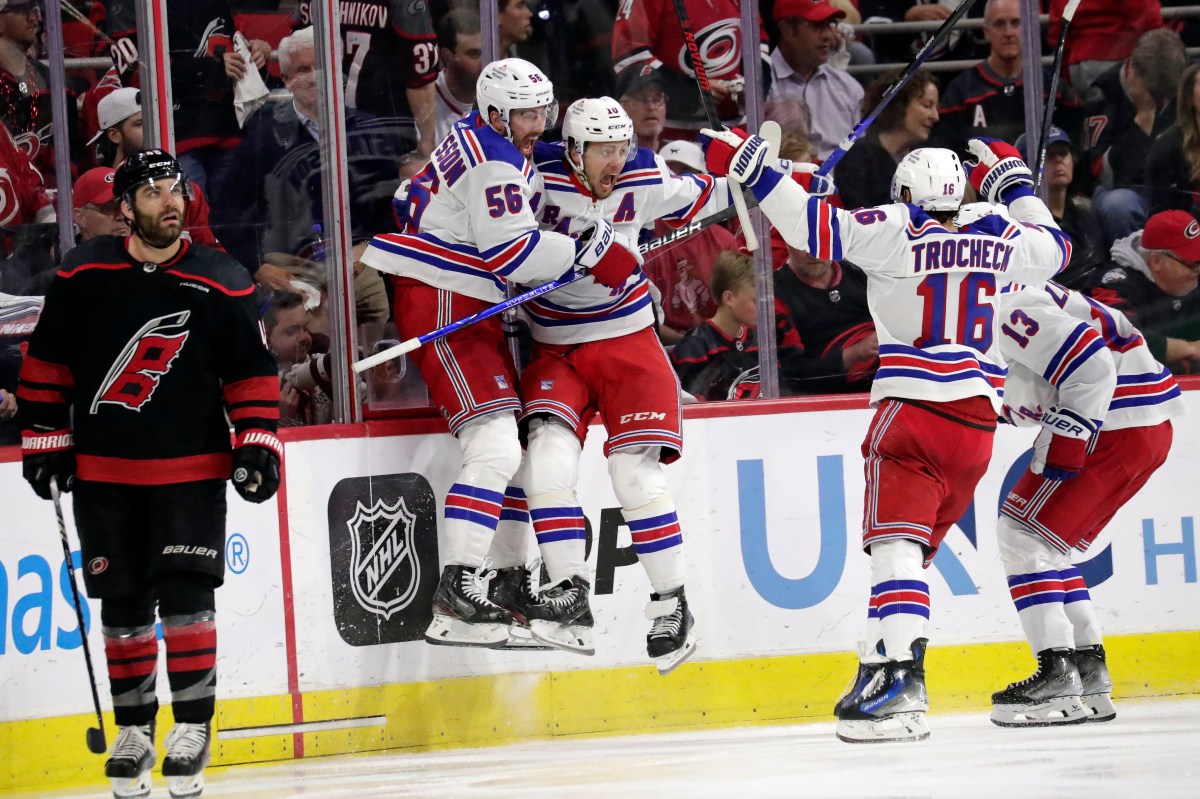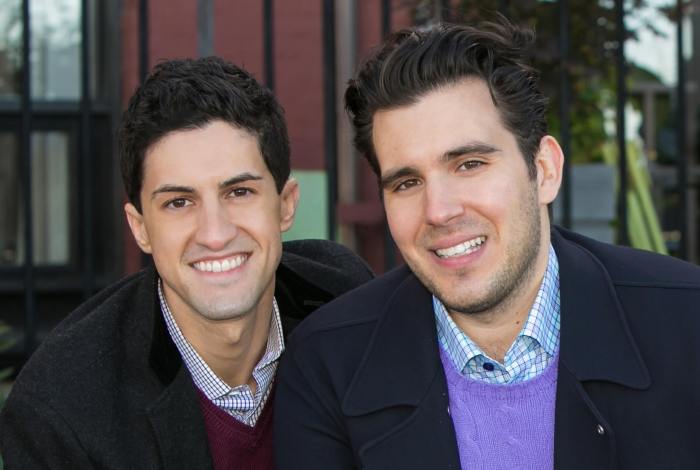When I’m feeling nostalgic — or you know, workcrastinating — I sometimes lurk on ghost town social networks, riffling through the old profiles of online-only friends I lost touch with.
They exist in the past tense: they last logged in three or four years ago, so their profiles are now littered with outdated comments and “403 Forbidden” images. Even though they might have been a Friendster connection that eventually became listed on my Myspace Top 16 “Friend Space,” they somehow never migrated to Facebook, or more likely, allowed that particular online version of themselves — whether as a Myspace party promoter or Livejournal mommy blogger — to no longer be updated.
It was strange then when I recently reconnected on Tumblr with a Livejournal-era Internet “friend” — a Virginian musician and writer who wrote scroll upon scroll of entries on hardcore punk, his band, and that novel that was always in-progress.
I should also point out that the ghost town social networks I lurk upon contain my own expired identity productions, fixed by different aliases and dated user info. (Yes, there was a time that I listed as interests The O.C. and “pirates!”)
Of course, I clicked on the “Follow” Tumblr button, and a day later, received an emailed notification that he was following me. And just like that, we were back to being regular Internet friends, the irregular Livejournal comments now replaced by irregular “likes.”
Lo and behold, this latest iteration of my Internet friend — no longer oh-so Livejournal lengthy — is relatively the same guy. He’s regular with music posts, whether it’s analyzing the chugging metal guitars on a Rihanna track or Henry Rollins’ creepy crawl spider tattoo. Even though we abandoned our past online selves, we’ve re-connected on a different social networking platform. But if we lose touch again, I won’t necessarily be a sad faced emoticon — our following one another is fleeting and tenuous. After all, you can never “like” button friendship.
Rea McNamara writes about the on/offline statuses of niches and subcultures. Follow her on Twitter @reeraw.
















